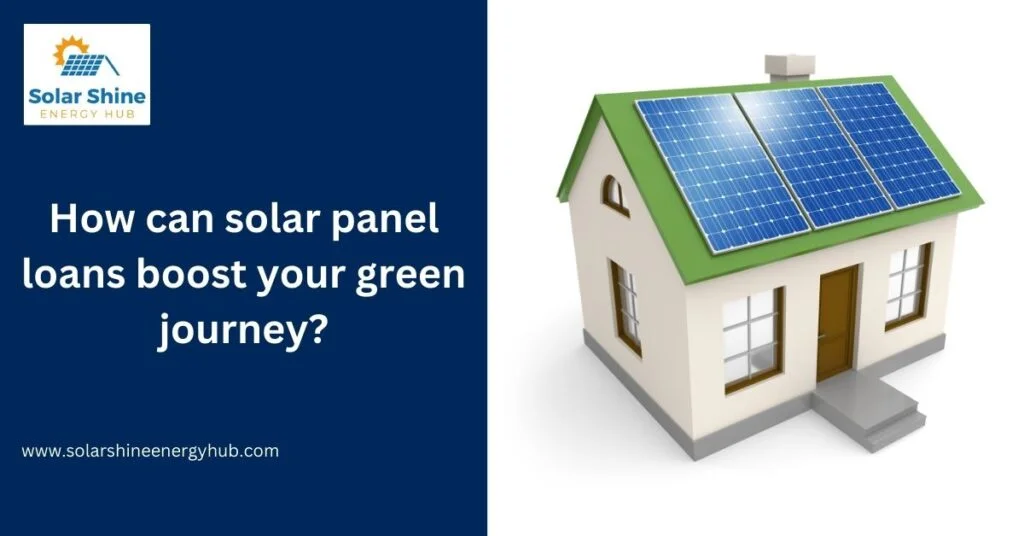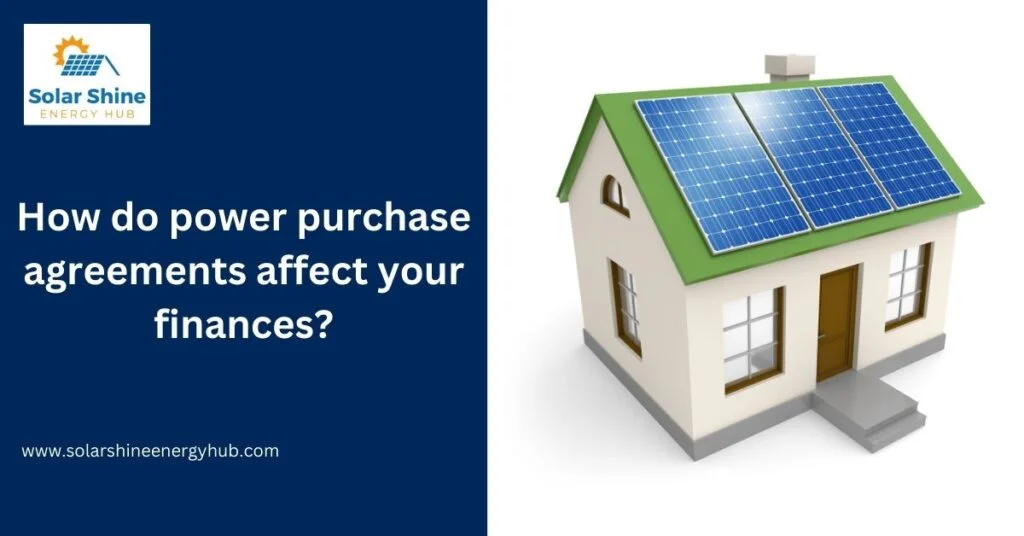What is the best way to finance solar panels? Considering renewable energy for your home or business? Worried about the financial impact or how to finance solar panels? Don’t fret! Going solar is eco-friendly and a smart long-term investment. While upfront costs may appear daunting, we’ve got you covered.
You have financing options to make this sustainable choice viable. From loans and leases to power purchase agreements and solar incentives, there’s a solution that aligns with your financial situation. And the best part? You don’t need a large amount of capital saved up to start your solar journey.
In this post, let us walk you through five quality tips on financing your solar panels. We aim to demystify the process and provide you with the knowledge you need to make an informed decision. Whether you’re a homeowner looking to reduce energy bills or a business ready to make a sustainable switch, these tips are here to help you.
What are the initial costs of installing solar panels?
Accurate information about costs:
- The initial costs of installing solar panels can vary based on factors such as system size, location, and panel type.
- The type and efficiency of the solar panels are crucial factors affecting the cost, with prices varying based on their capacity and efficiency.
- Installation labor by professional technicians is another significant cost, ensuring proper installation, performance, and lifespan optimization.
- Permits and inspections required by local governments for solar panel installations should be considered, as they contribute to the upfront cost but ensure safety standards are met.
Panel Costs
- Type and efficiency affect prices
- Capacity and efficiency determine cost variations
- Consider long-term benefits and return on investment
Labor Expenses
- Professional technicians ensure proper installation
- Optimize the performance and lifespan of solar panels
- Expertise contributes to desired results
Permit and Inspection Costs
- Local government requirements for installation
- Ensure safety standards are met
- Upfront cost consideration for regulatory compliance
How can solar panel loans boost your green journey?

Solar panel loans can propel your green journey by providing the necessary funds upfront, making the switch to renewable energy more affordable. This financial support enables you to repay the loan amount over a suitable period and benefit from the savings on your energy bills.
Accessibility of Solar Loans
Solar loans are widely available from various financial institutions, making them a feasible option for many homeowners. They have democratized access to solar energy, enabling more people to play a part in environmental preservation.
Financial Benefits
Although you’ll need to account for interest payments, the savings from your reduced energy bills will often exceed this expense. Over time, the solar panels can pay for themselves, making this a financially savvy investment.
Ownership and Maintenance
Unlike leasing, a solar loan means you own the solar system. This ownership allows you to reap benefits like tax credits and increased property value. Furthermore, maintenance and repairs are your responsibility, providing greater control over your system’s upkeep.
Does leasing solar panels make financial sense for you?
Leasing solar panels is a feasible option for those who want the benefits of solar energy without the upfront costs. However, it’s essential to consider if the financial implications align with your goals.
Initial Cost Savings
- No upfront costs make solar power more accessible.
- Installation and maintenance are usually included in the lease.
- Monthly lease payment instead of high initial investment.
- Allows immediate energy bill savings without initial cost.
- Leasing can make expensive solar panels affordable.
No Ownership and Maintenance Worries
- The leasing company owns and maintains the solar system.
- The hassle-free solution, as repairs are not your responsibility.
- No need to worry about the system’s efficiency maintenance.
- If the system malfunctions, the leasing company typically handles repairs.
- Peace of mind as you’re not the owner.
Potential Financial Drawbacks:
- No eligibility for federal tax credits or incentives.
- Cumulative lease payments may exceed the system’s actual cost.
- Lease contracts can complicate the home selling process.
- Monthly payments may increase over the lease term.
- Overall savings could be less compared to ownership.
How do power purchase agreements affect your finances?

Power Purchase Agreements (PPAs) are contracts where a developer owns, operates, and maintains a solar system. Homeowners agree to place the system on their property and purchase its electric output from the provider for a predetermined period.
Financial Commitment
- PPAs require no upfront costs or installation fees.
- Monthly payments depend on actual energy production.
- PPAs offer predictable energy costs over time.
- The contract length typically ranges from 10 to 25 years.
- Early termination fees might apply if needed.
Long-term Savings Potential
- Energy costs can be lower than utilities.
- Potential for significant savings over the agreement term.
- Solar power prices are often lower than a grid.
- Locks in energy costs and provides budget certainty.
- Any excess power generated can be sold back.
Impact on Property Value
- Solar systems can increase a property’s value.
- PPAs can be transferred to the property’s new owner.
- Property value increase depends on system size and location.
- PPAs may require approval by mortgage lenders.
- Be mindful of agreement transfer clauses in contracts.
Can solar incentives significantly reduce your overall costs?
Solar incentives can indeed significantly offset your overall costs. These incentives are usually offered by the government or utility companies to promote the use of renewable energy, making solar panel installation far more affordable.
Federal Solar Tax Credit
The Federal Solar Tax Credit, or Investment Tax Credit (ITC), allows homeowners to deduct a significant portion of their solar costs from their taxes. It’s an effective way to lower solar installation costs substantially, making it more accessible to a broader audience.
State and Local Incentives
Many states and local governments offer additional incentives, such as cash rebates, property tax exemptions, or feed-in tariffs. These incentives can significantly offset the initial costs and improve the financial return of your solar investment.
Utility Company Incentives
Some utility companies offer incentives like net metering, which allows homeowners to sell excess solar power back to the grid. This initiative not only reduces your electricity bill but also provides an additional income stream, further enhancing the financial viability of solar power.
Conclusion What is the best way to finance solar panels
In conclusion, the journey to a greener, more sustainable home doesn’t have to be overwhelming. Whether you opt for a solar loan, lease, PPA, or take advantage of incentives, there’s a pathway that fits your financial needs and environmental aspirations. Remember, every step towards renewable energy is a stride toward a brighter, cleaner future for us all. Thanks for joining us on this solar journey. Stay green and keep shining!